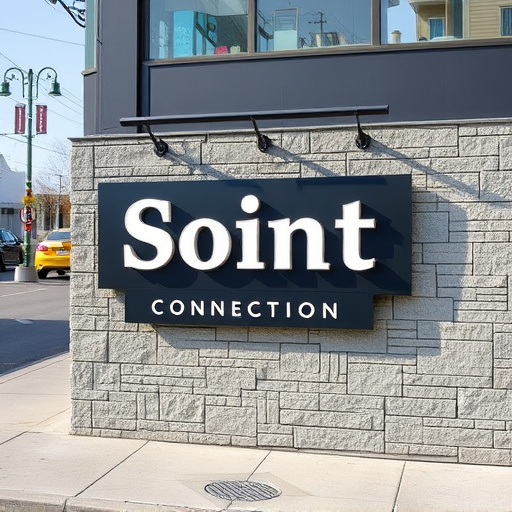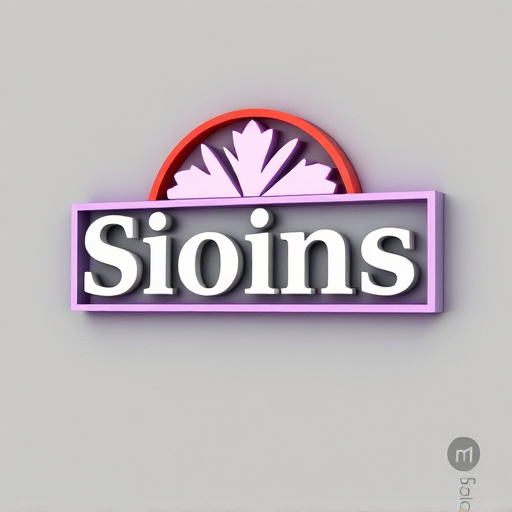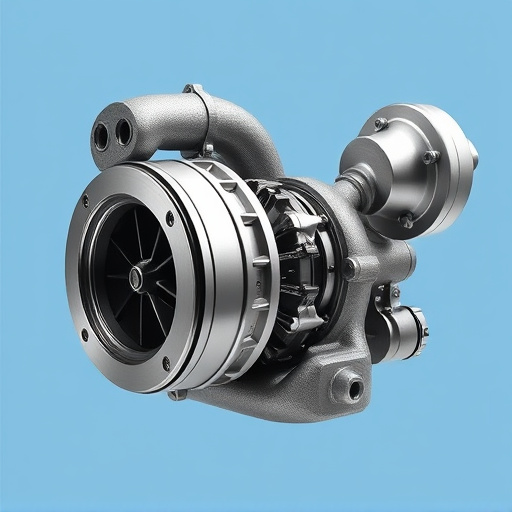Small businesses face financial challenges due to narrow margins and seasonal fluctuations, necessitating flexible payment options tailored to their unique needs. These options should align with cash flow constraints, customer demographics, and industry-specific requirements like automotive detailing or ceramic coatings. By offering such flexibility, businesses can strengthen client relationships, maintain stability during quieter periods, and ultimately achieve long-term success. Embracing flexible payment solutions, including installment plans, buy now pay later services, and subscription models, allows small businesses to cater to diverse customer needs and boost sales while fostering long-term client relationships.
Small businesses face unique financial challenges, requiring adaptable strategies to manage cash flow. This article explores flexible flexible payment options tailored to meet the diverse needs of these enterprises. We delve into popular methods, from subscription models to deferred payments, showcasing how small business owners can optimize their financial landscape. By understanding the nuances of their operations and leveraging innovative flexible payment options, businesses can foster stability, attract customers, and thrive in a dynamic market.
- Understanding the Needs of Small Businesses
- Exploring Popular Flexible Payment Options
- Implementing and Optimizing Flexible Payment Strategies
Understanding the Needs of Small Businesses

Small businesses operate on a tight margin and face unique financial challenges compared to their larger counterparts. Understanding this dynamic is key when offering flexible payment options that cater to their needs. These businesses often require solutions that align with their seasonal fluctuations, cash flow constraints, and customer base demographics. For instance, a local bakery may struggle during quieter winter months but thrive in the summer, necessitating a flexible payment plan that accounts for these variations.
Moreover, small business owners appreciate options tailored to their specific industries. Consider an automotive detailing shop or ceramic coating business; they might require flexible financing for high-value services, allowing them to protect their vehicles and offer competitive protection packages to customers while maintaining cash flow stability. Such businesses thrive on customer satisfaction and repeat services, so payment flexibility can significantly enhance their relationship with clients.
Exploring Popular Flexible Payment Options

Small businesses today are increasingly recognizing the benefits of offering flexible payment options to their customers. This shift is driven by the modern consumer’s preference for customizable and convenient financial solutions, mirroring the same level of customization often seen in car customization or premium automotive services. Options range from traditional installment plans that break down large purchases into manageable monthly payments, to more innovative methods such as pay-as-you-go models inspired by the latest mobile data plans.
Another interesting trend is the integration of UV protection and other wellness considerations into flexible payment schemes. Customers can now enjoy services or products with built-in financial flexibility that aligns with their broader lifestyle choices. This not only enhances customer satisfaction but also encourages loyalty by demonstrating a deep understanding of their diverse needs, from car customization for enhanced protection to personal care products offering UV protection through flexible purchase models.
Implementing and Optimizing Flexible Payment Strategies

Implementing flexible payment strategies can be a game-changer for small businesses, enabling them to cater to diverse customer needs and boost sales. It involves offering a range of options beyond traditional cash or card payments, such as installment plans, buy now pay later services, or even subscription models. These alternatives not only provide customers with greater convenience but also demonstrate a willingness to build long-term relationships.
Optimizing these strategies requires a thoughtful approach. Businesses should consider the types of products and services they offer—for instance, automotive detailing or protective coatings for vehicles can benefit from installment plans due to their higher ticket prices and potential for recurring work. Scratch protection, as another example, could be packaged with flexible payment options to make it more accessible to customers who might otherwise delay essential repairs. By aligning flexible payment options with specific products and services, small businesses can enhance customer satisfaction while ensuring sustainable financial management.
Small businesses now have a range of flexible payment options that cater to their unique needs, from seasonal fluctuations to cash flow constraints. By exploring popular strategies such as split payments, deferred payment plans, and subscription models, entrepreneurs can optimize their financial management while offering enhanced customer experiences. Implementing these flexible payment strategies requires careful planning and optimization, but the benefits—including increased sales, improved customer retention, and enhanced operational efficiency—make it a valuable approach for any small business to consider.














